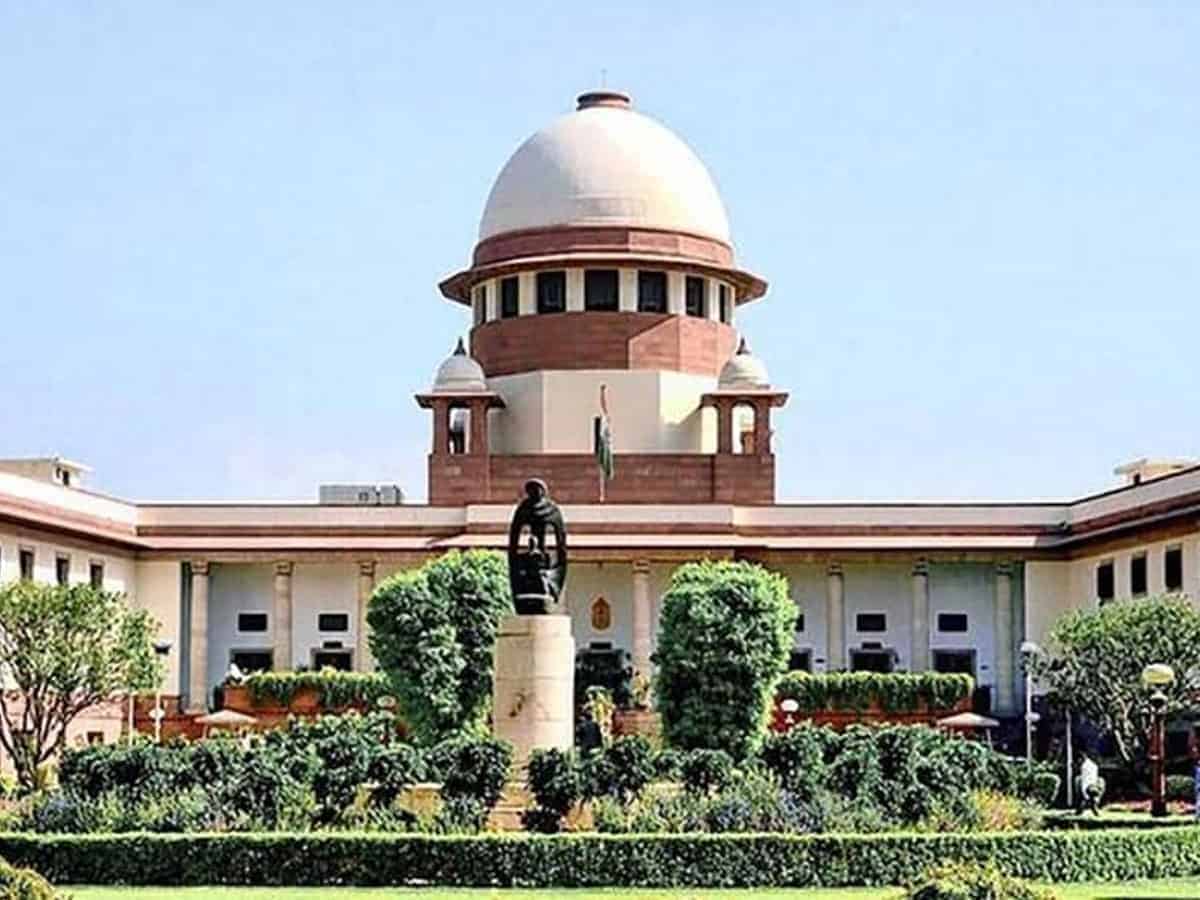
New Delhi: The Supreme Court on Wednesday closed suo motu proceedings initiated over alleged objectionable comments made by a Karnataka High Court judge during court proceedings.
A five-judge bench headed by Chief Justice D Y Chandrachud noted that Karnataka High Court judge Justice Vedavyasachar Srishananda, who had made those observations, had on September 21 tendered an apology for his comments in the open court there.
“We can’t call any part of the territory of India as Pakistan,” the CJI observed.
The bench, also comprising Justices Sanjiv Khanna, B R Gavai, Surya Kant and Hrishikesh Roy, observed that courts have to be careful not to make comments in the course of judicial proceedings which may be construed as being misogynistic or for that matter prejudicial to any segment of the society.
“Casual observations may well reflect a certain degree of individual bias particularly when they are likely to be perceived as being directed to a particular gender or community,” the bench said.
The top court had on September 20 taken suo motu cognisance of the high court judge’s alleged objectionable comments against a woman lawyer during the court proceedings in a case and his reference to a Muslim-majority area in Bengaluru as “Pakistan” in another.
In video clips, which went viral on social media, Justice Srishananda was seen reprimanding a woman lawyer and reportedly made some objectionable comments when she intervened in an ongoing hearing.
The judge, in another case related to landlord-tenant dispute, referred to a Muslim-dominated locality in Bengaluru as “Pakistan”.
“At this stage, we request the Registrar General of the High Court of Karnataka to submit a report to this court after seeking administrative directions of the Chief Justice of the High Court of Karnataka, in regard to the subject matter which has been referred to above,” the apex court had said on September 20.
